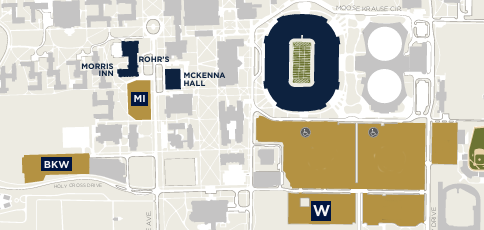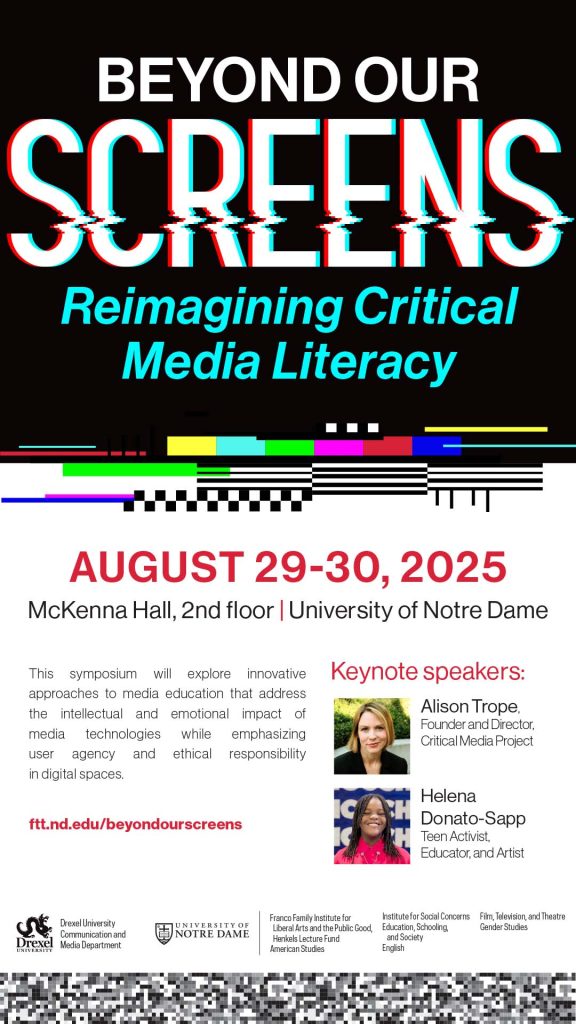As the symposium schedule outlines, Friday’s session will close with a pair of keynote addresses, and Saturday will round out with a roundtable discussion.
Offering a little more info about each, we’re honored to have two exciting speakers for the keynote session. Up first will be Helena Lourdes Donato-Sapp, who, quoting from her website, “is a 16-year-old national and global award-winning activist, educator, peace builder, artist, poet, and speaker who believes that it is urgent for young people like her to understand and be empowered to confront critical issues like anti-Blackness, ableism, misogyny, homophobia, and climate change.” In her talk, which will be delivered remotely from an auditorium in California seating the entire student body of her school, Orange County School of the Arts, she will implore scholars and guardians to have critical conversations about media literacy with youth early and often.
The second keynote address will be delivered in person by Alison Trope, Clinical Professor of Communication at USC and founder and director of Critical Media Project, a web-based media literacy resource focused on representation and identity (gender, race, class, sexuality, disability, religion, age). Her talk will delve into her work at Critical Media Project, which has been using the frame “stand up and speak out” to think through some of its latest work and findings in working with youth.
On Saturday afternoon, the roundtable will present an invigorating finish to the symposium’s events by featuring people who work in media and entertainment and have great interest in the intersection of industry and education. These are the speakers:
- Conor Hanney, TV and theater writer, lyricist, and composer
- Traci Paige Johnson, co-creator of Blue’s Clues and Gabby’s Dollhouse
- Jim Poyser, founder of Youth Environmental Press Team and director of Advancement, Earth Charter Indiana
- Lyn Pusztai, Student Success Manager: TV and Film Programs at The Second City
- Christine Swanson, film and TV director and screenwriter
There is an underlying logic to how these folks were chosen, and it ties in with the anniversaries the symposium is dedicated to, which you can read more about here. (Three of the roundtablers were part of Beyond Our Control, while two are graduates from Notre Dame’s Dept. of Film, TV, and Theatre.) We will toast to those anniversaries and to all symposium participants at a reception following the roundtable.
As a reminder, we have an attendance registration form here, so please get in there by August 12th if you want to make sure you get a share of the food on offer. (The deadline for the reception is later, so still mark yourself down for that if it’s after the12th.)
If you are attending the symposium remotely, all of the sessions will be streamed, with a dedicated Zoom link available as the event gets closer.

